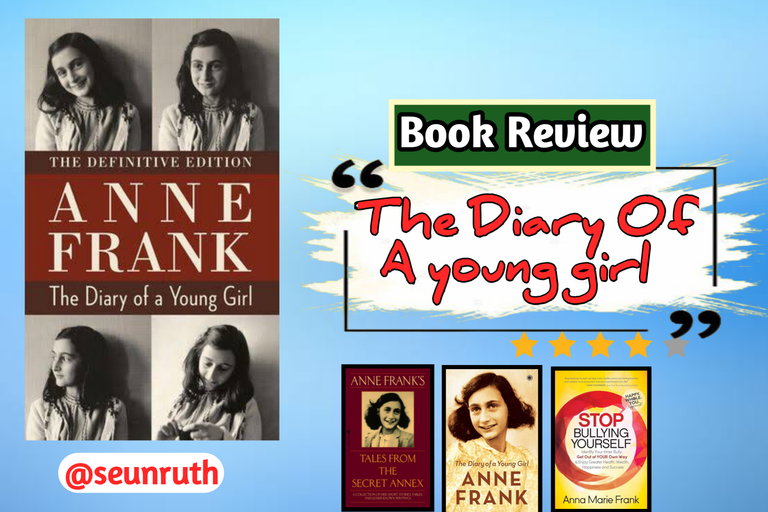
It wasn’t a teacher’s recommendation. It wasn’t even part of a school assignment. I was scrolling through a list of “books that change you” when Anne Frank’s name popped up. I’d heard of her before her diary, the war, the hiding place. But I had never really listened to her voice. Something tugged at me, like an inner voice whispering, “It’s time.”
I downloaded the book, expecting history. What I found was humanity. A teenage girl who felt pain, joy, love, fear, awkwardness, and hope—just like me, just like you. Her world was falling apart, but inside that diary, she kept building a home for her thoughts.
And that home? It welcomed me in.
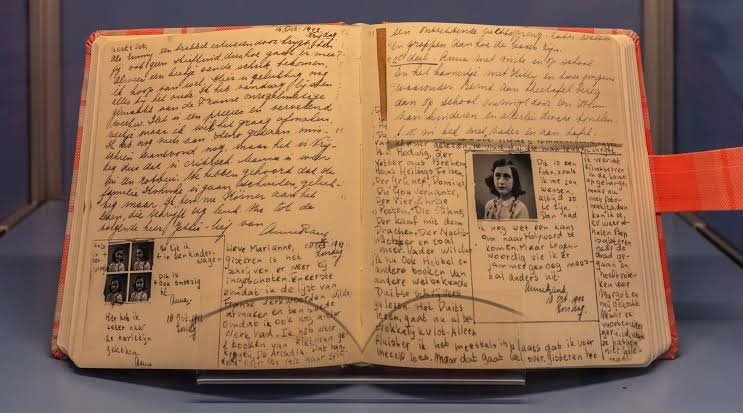
The Diary of a Young Girl is what it is, a genuine diary of a Jewish girl Anne Frank during the time when she was hiding in World War II, along with the Nazis. Between the ages of 13 and 15 Anne wrote her thoughts in a checkered notebook that was given to her as a birthday present. She and her family spent over two years hiding in a secret annex above her father's office in Amsterdam alongside four others.
Within the annex, Anne writes of all things: the tedium, the fear, the quarrels, the silence, the nostalgia and the little pleasures that still found a way to shine through. She has ambitions to be a writer, she finds the love of her life, she wonders about life and death, and argues with her mother all the time as the outside world is falling into madness.
And the prettiest, agonizing bit? Anne doesn t write without knowing that what she writes counts. Even though she does not know whether she will be alive to taste the freedom.
I did not simply read this book. I heard it. The voice of Anne is so real, so alive that I often forget that she is writing in hiding, in war. She discussed her crush as every teenager does. She was irritated by her mother, argued with her sister, and mocked herself. but then, suddenly, she would say something so wise, so painfully conscious, that one had to stop short and gasp.
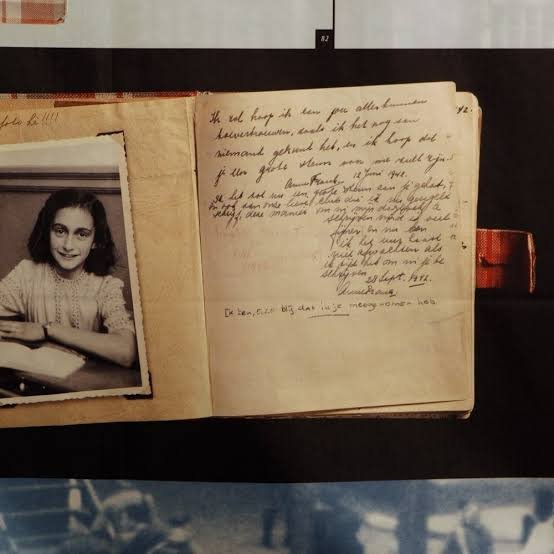
This is a girl trapped in a small attic, prohibited to leave the house, and she managed to think about politics, religion, identity, and human nature. She was not only a victim, but she was a thinker. She was not only afraid; she was courageous enough to experience all that fear.
What she wrote in the world of today sounded like an echo of the past. A voice that can be heard.
This is what I actually thought about the book
Her Truthfulness was Her Strength: Anne never sweetened any news. She confessed how she was selfish, petty, moody, or insecure. That was why her diary was so powerful because it was real. She did not want to impress anyone. She only tried to comprehend herself and the world. And that good faith? It’s rare. It’s unforgettable.
Contrast of the Inside and the Outside: Within the annex there was an agonizing slowness of life--whispers, shadows, canned food, tiptoes. But outside the bombs dropped, the troops paraded, the men disappeared. The contrast made every moment Anne described heavy, even sacred. I was scared on her behalf. Walls were as thin as paper, and a knock away was danger. However, she continued to write. She did not lose her faith in good.
What hit me first in this book was the Foreword by Eleanor Roosevelt: Before Anne even begins to speak to us, Eleanor Roosevelt reminds us why this diary is important. She refers to it as one voice talking on behalf of six million and this line alone has made me sit still. It was not the book only. It was a preserved fragment of soul of somebody. A spirit gone too soon, and yet still with us, speaking to us through time.
Anne Dreamed Like Me: Anne desired to be a writer. She desired to become memorable. She needed to love and travel the world. It was like reading a future, which never was, reading her words. Yet in a bitter sweet sense--she had her wish. People remember her. Those words did spread around the world. Yes, she is a writer. The voice of one of the most significant people of the 20 th century.
What stays with you after this book is not just the story—it’s the spirit.
Anne once wrote:
“In spite of everything, I still believe that people are really good at heart.”
That line... It broke me. Because if Anne could say that, after hiding for two years, after losing everything—then maybe we all need to look inwards and ask ourselves if we’re living up to that belief.
She reminds us that even in the darkest places, light exists. And even in silence, your voice can echo forever.
After completing the diary I sat long. No music. Just quiteness. I remembered Anne. I wondered about all those who were never heard. And I thought how fortunate we are that we read hers.
I wondered how we grumble at things that Anne would have done anything to get; freedom, fresh air, a warm embrace of a friend.
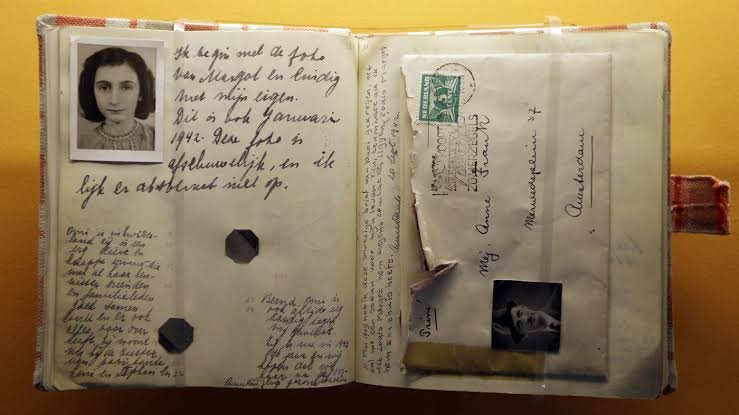
I was transformed by this book. It was not because it was big or noisy. But that is why it was silent, truthful, human. It brought me back to the fact that behind each headline, behind each war are beating hearts, dreams of minds and hopes of the souls.
I suggest you Read it not only because it is history, but because it is heart. Read it when you are feeling little, invisible, or insignificant. Anne will demonstrate to you that your voice is important. It is worth reading to keep in mind what people have the potential to be, ruthless and generous, incomplete and courageous.
There are no magic spells, dragons, and epic battles here. You will find something stronger, something more powerful, a girl that never ceased to write even when the world was on fire.
The Diary of a Young Girl is not only a war story. It is not a journal. It is a mirror-- and when you look into it you see yourself. You observe how fear appears, how hope feels, and what strength is all about.
Anne Frank was not a war survivor. And her words did. And there she lives in those pages. And in reading her, in hearing her, we eke out her voice.
In other words, when you want to be reminded of what it means to be a human being - start here.
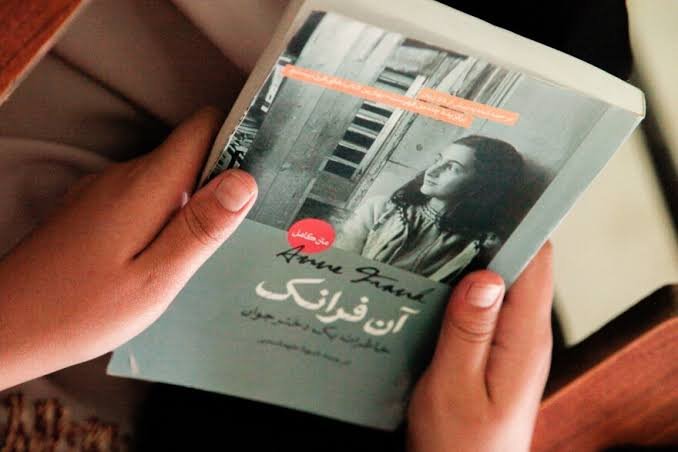
The last three image was gotten from web:
Source 1
Source 2
Source 3
Source 4**
